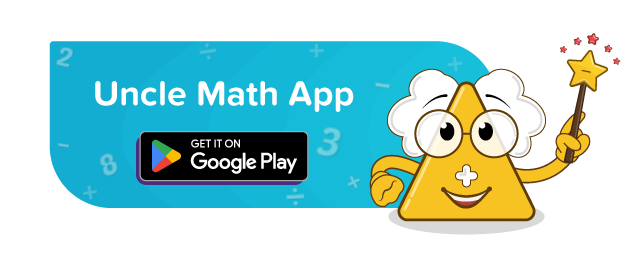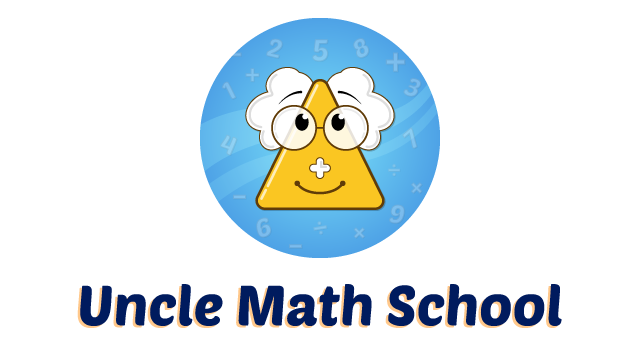The Power of Experiential Learning
The power of experiential learning is abundant for assisting kids in understanding and meaningfully interacting with maths. With the help of hands-on activities and real-world applications, children can explore concepts in mathematics in a way that goes beyond standard textbook learning. Here is a guide for parents to help their kids learn maths through the magical power of experiential learning:
Experiential learning involves learning through experience. It’s about making learning an active, rather than passive, process. This approach can make math more engaging and relatable for children, which not only improves understanding but also builds interest in the subject.
Creating a Conducive Environment at Home
- Encourage Curiosity: Make your home a space where questions are encouraged, and every question is valued.
- Resources: Invest in puzzles, building blocks, and other educational toys that inherently teach mathematical concepts like geometry, spatial reasoning, and problem-solving.
Incorporating Math in Daily Activities
- Cooking and Baking: Use recipes to teach measurements, fractions, and ratios.
- Shopping: Involve kids in budgeting and calculating discounts during shopping trips.
- DIY Projects: Engage in do-it-yourself projects that require measuring, scaling, or geometrical adjustments.
Technology and Math
- Educational Apps: Make use of engaging, interactive math-focused games and applications. Explore the Uncle Math app, our intelligently designed educational tool that caters to a variety of needs for a range of age groups. Click this link to get our app.


• Online Tutorials: To help kids understand more difficult mathematical concepts, encourage them to explore online resources and tutorials. By watching our vibrant, dynamic, and interactive videos on YouTube, which are specifically tailored to meet the needs of different age groups, undoubtedly, you can assist your child in comprehending a variety of maths concepts. Click here to get a glimpse of our YouTube channel.
Outdoor Math Adventures
- Nature Walks: Use nature walks to explore patterns, shapes, and numbers in the environment
- Sports and Math: Explain the math behind scores, statistics, and angles in various sports.
Integrating Math with Other Subjects
- Art and Math: Explore geometry through drawing, or calculate ratios in mixing paint colors.
- Science Experiments: Conduct experiments that require data collection and analysis.
Parental Involvement and Learning Together
- Participate with Your Child: Engage in learning activities together to show your interest and support. To explore a few more ideas about different engaging activities related to math, click here.
- Stay Informed: Keep up-to-date with new educational trends and resources in math education.
The goal of experiential learning in math is to foster a love of learning and an inquisitive, analytical mentality that additionally improves arithmetic skills. You may help your child build a strong maths foundation and a lifelong love of the subject by integrating maths into daily activities and promoting curiosity.


